May is Veterinary Nursing Awareness month! VetSkill are celebrating how our Objective Structured Clinical Examination (OSCE) prioritises learner wellbeing
As May is Veterinary Nursing Awareness month, with the focus for this year being ‘progression’, VetSkill wanted to share how the Objective Structured Clinical Examination (OSCE) method of assessment has evolved over the years, and look at what makes the VetSkill OSCE frequently an extremely positive experience for learners.
The Objective Structured Clinical Examination (OSCE) has been used as a method of assessing clinical competence since 1975, and is still widely used amongst many healthcare professions including; human nurses, paramedics, physician associates and veterinary nurses.
As the name suggests, an OSCE is designed to be objective, whereby each learner is assessed against set criteria, with students rotating around a circuit of task stations. The stations are structured to simulate clinical environments, allowing students to demonstrate and apply their clinical and practical skills and knowledge, using a standardised approach.
There are many advantages to using an OSCE as a method of assessment; it decreases bias via the use of independent assessors for each task station, it enables the RCVS Day One Skills to be assessed and is ethical by design, given practical scenarios can be simulated without the use of live patients.
Whilst the benefits of using an OSCE to test clinical competence are widely recognised, VetSkill have been working to improve upon some of the disadvantages surrounding this method of assessment, continuously seeking to develop the ways in which we can support our learners.
OSCEs are often criticised for the way in which they can fragment tasks, with learners historically ‘rote learning’ multiple steps within each scenario; leading to a robotic performance of skill. To eliminate this, VetSkill takes a holistic approach, specifically designing tasks with shorter methodologies to encourage learners to perform tasks more naturally, in the way they would do in a true clinical setting. This method allows for an evidence-based approach to assessment, whilst also promoting current best practice.
The environmental impact of an OSCE can be huge, with vast amounts of plastic waste generated after each session. In an attempt to reduce and recycle, VetSkill have teamed with Terracycle, an innovative waste disposable company who specialise in the disposal of soft plastics such as examinations gloves and gowns. We regularly donate bandage materials to teaching and learning settings and periodically review our OSCE tasks to ensure they are as sustainable as possible.
Supporting learner wellbeing around the time of assessment is always of paramount importance to VetSkill, particularly as OSCEs are well known to be a time of heightened stress, with many learners experiencing increased levels of worry and anxiety. There are numerous accounts circulating, citing negative OSCE experiences, but we are pleased to say the days of white lab coats and assessors peering over clipboards are now a distant memory. Instead, VetSkill pride ourselves on our highly empathetic assessor teams, who promote a calm and relaxed assessment environment.
VetSkill have implemented several wellbeing initiatives, including our ‘Supporting your wellbeing during assessments’ infographic, designed to remind learners that preparation starts with making time to eat and sleep well, whilst providing advice on thinking ahead and planning for the day. VetSkill also provide a candidate support presentation available to access before learners sit their OSCE, with the aim of setting expectations and giving an overview of how the assessment day is structured. We have also recently introduced a wellbeing activity booklet, which includes breathing exercises, grounding techniques, spot the difference games and short poems to read at OSCE rest stations.
To find out more about how VetSkill support learners during assessments or to share your suggestions please get in touch.

